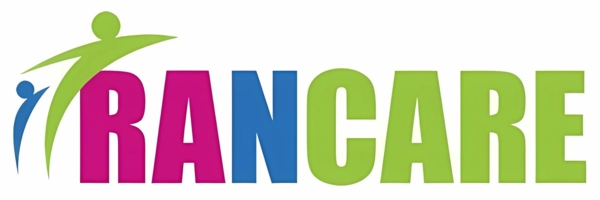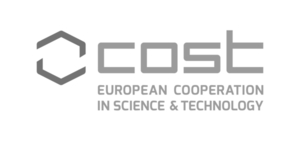International scientific exchange on the conceptualisation of the rationing of nursing staff.
Rationing of Nursing Care
Nursing care is rationed when resources are insufficient to provide care for all patients. The reasons for this are:
- Reduction in nursing staff
- Increased care demands due to technological advancements
- More treatment options and better-informed service users, requiring more time and attention from nursing professionals
Furthermore, the rationing of nursing care may also result from specific approaches to clinical assessment, nurses' knowledge of resource allocation, and a broader societal value system regarding care. Ultimately, this can lead to fundamental patient needs not being met and human rights associated with discrimination being compromised.
Given the growing evidence that nursing care rationing negatively affects patient outcomes, the fragmented work on the complexity of this issue, and existing gaps regarding ethics, methodology, and patient safety, this project will enable internationally coordinated collaboration. Additionally, it will facilitate the exchange of expertise and knowledge for research and clinical practice at both European and international levels.
Objectives
This project aims to foster debate on the conceptualization of nursing care rationing, the methodological challenges in investigating and monitoring the phenomenon, and the development and evaluation of intervention methods.
Moreover, it will help stakeholders establish a responsive research agenda that identifies challenges and presents innovative, cost-effective, and patient-centered solutions related to nursing care rationing.
Furthermore, the project will create research and policy synergies by analyzing the impact of nursing care rationing across different countries and identifying innovative models and strategies for nursing care provision that comprehensively address patient needs.
Methodology
RANCARE is structured as a network initiative. To achieve the above-mentioned objectives and explore the various dimensions of this phenomenon, a work group model is employed, focusing on the following four key areas:
- Work Group 1 – Conceptualization, Organizational, and Methodological Issues: Developing a shared understanding of the concept of nursing care rationing, examining current evidence on the factors associated with rationing, and exploring best practices and new research methodologies.
- Work Group 2 – Evidence-Based Interventions: Identifying theoretically and empirically supported interventions to address nursing care rationing and discussing the potential role of technology in decision-making and nursing support.
- Work Group 3 – Ethical Issues in Nursing Care Rationing: Discussing various ethical dimensions related to the rationing of nursing care and its impact on both nursing staff and patients. Another focus is on exploring the effects of nursing care rationing on patients and their human rights.
- Work Group 4 – Education and Training: Building on existing evidence of nursing care rationing related to patient needs and safety. Comparing national and international curricula to facilitate knowledge exchange on best practices and safety education.
Expected Outcomes
- International and national research and publications
- Short-term scientific missions (STSMs)
- International training sessions, workshops, and conferences
- Consensus meetings
- Educational materials
- Initiation of further research projects
Further information
RANCARE bei COST (European Cooperation in Science and Technology)
You want to know more? Feel free to ask!
Lecturer
Senior Researcher Institute of Health Sciences
Department of Health Sciences
Walter Sermeus
Maria Schubert
Ritta Suhonen
Olga Riklikiene
- Cyprus University of Technology, Limassol, [Zypern]
- Kapodistrian of University of Athens, [Griechenland]
- Institute for Healthcare Management and Policy, [Belgien]
- Insel Gruppe, Inselspital, Universitätsspital Bern, [Schweiz]
- Department of Nursing Science, University of Turku, [Finnland]
- Lithuanian University of Health Sciences, [Litauen]



